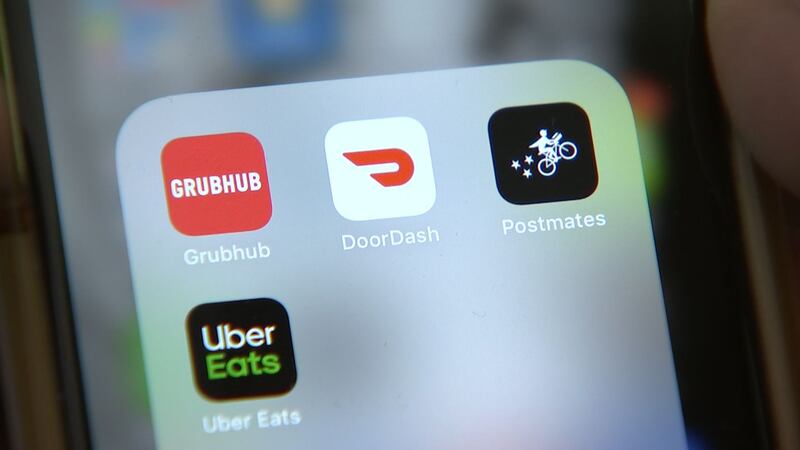SEATTLE — The Seattle City Council voted unanimously Tuesday to pass an ordinance that will ensure that more than 40,000 gig workers in Seattle are paid at least the city’s minimum wage.
“This law takes the first few steps to finally recognize and respect gig workers’ humanity,” said Carmen Figueroa, who works for Grubhub, in a news release issued by Working Washington. “Passing PayUp (the ordinance) means I can earn a wage in which I can thrive and flourish in society.”
Gig employment is generally considered to be positions with little job security and few employment rights.
The first-in-the country PayUp legislation ensures that each job gig workers accept pays at least the city’s minimum wage of $17.27 after expenses for all time worked, plus tips, along with the standard mileage reimbursement set by the IRS.
The bill also gives gig workers the right to have information about pay, tips and additional details for each job they accept, and receive pay stub information after a job is completed.
Scroll down to continue reading
More news from KIRO 7
- Seattle mayor releases homelessness action plan
- Washington police say drivers aren’t stopping for them
- 9-year-old recovering from cougar attack
- Do you have an investigative story tip? Send us an email at investigate@kiro7.com
Gig companies will also be barred from penalizing workers based on which jobs they choose to accept or when they are available for work.
“We live in an expensive city; many delivery workers earn below the minimum wage after expenses and tips are accounted for,” said councilmember Lisa Herbold. “App-based work is one of the fastest growing sectors of our economy with more workers turning to this type of work. The passage of this legislation will help tens of thousands of delivery workers make ends meet while maintaining their flexibility.”
At this time, the policy only applies to gig workers on apps facilitating physical work in Seattle, such as DoorDash, Instacart and Uber Eats.
Workers on so-called “marketplace” apps, like TaskRabbit and Rover, where workers can set their own rates, were excluded from the policy after a 3-2 committee vote last week.
In a 7-2 vote, councilmembers passed an amendment to the bill, declaring their intent to develop policies to protect these workers by next summer.
The ordinance now goes to Mayor Bruce Harrell for his signature and will take effect in 18 months.
©2022 Cox Media Group








